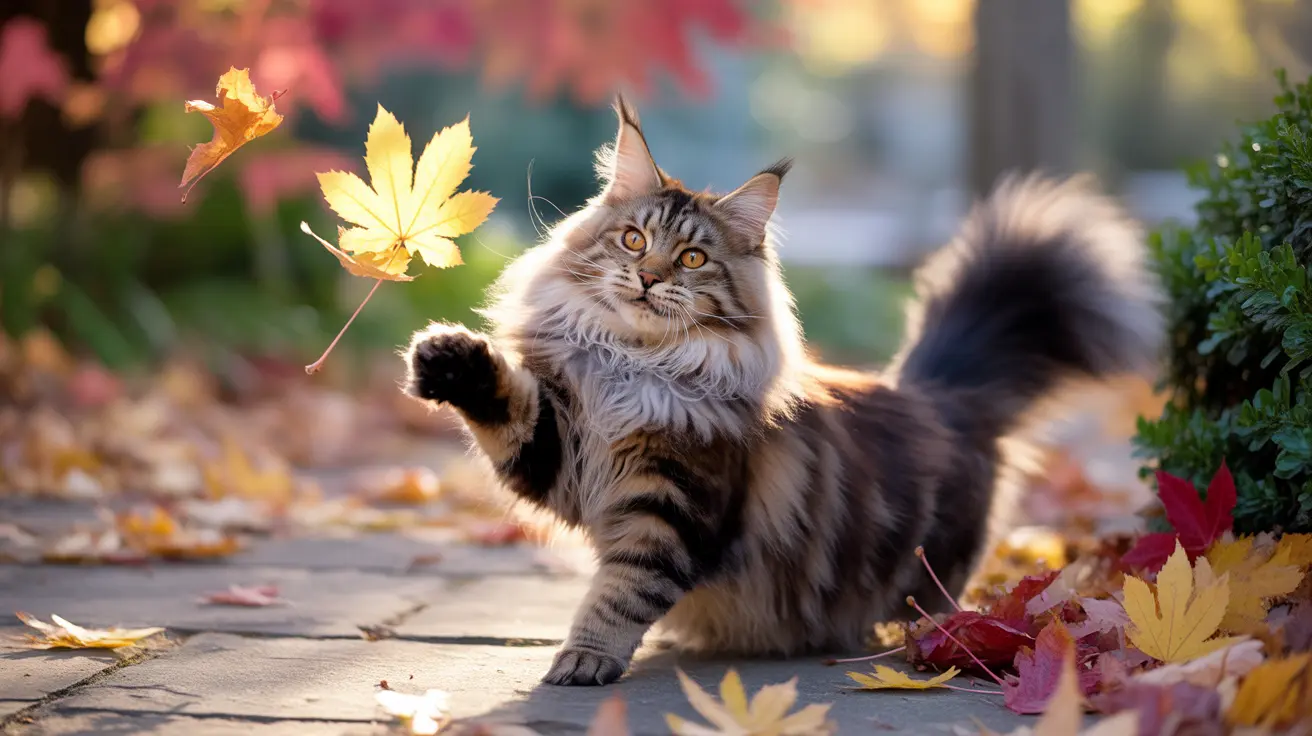The Science Behind Cat Colors and Personality
The relationship between cat coloration and temperament is more complex than folklore suggests. Cat genetics play a fascinating role in determining both coat color and, potentially, certain behavioral traits. The basic colors we see in cats come from two primary pigments: eumelanin (black) and phaeomelanin (red/orange), with various genetic modifications creating the wide spectrum of colors we observe.
Research from UC Davis has shown some interesting correlations between coat colors and reported behaviors, though these findings should be interpreted cautiously. For instance, tortoiseshell and calico cats were more frequently reported to show aggressive behaviors, while solid-colored cats were generally described as more docile.
Common Cat Breed Personality Myths
Many popular beliefs about cat personalities are deeply ingrained in culture but may not reflect reality. For example, orange cats are widely believed to be friendly and outgoing, while black cats often face prejudice due to old superstitions. Here are some common stereotypes:
- Siamese cats: Often labeled as vocal and demanding
- Persian cats: Typically described as lazy and placid
- Maine Coons: Considered gentle giants
- Russian Blues: Portrayed as shy and reserved
The Role of Genetics vs. Environment
While genetics certainly influence both appearance and temperament, environmental factors play an equally important role in shaping a cat's personality. Early socialization, human interaction, and living conditions all contribute significantly to how a cat behaves, regardless of its breed or color.
Recent studies suggest that individual personality traits are more strongly influenced by factors like socialization and environment than by breed-specific characteristics. This understanding has important implications for potential pet owners and animal shelters.
Impact on Adoption and Owner Expectations
Breed stereotypes can significantly impact adoption rates and owner satisfaction. Black cats, in particular, often face longer shelter stays due to persistent superstitions. Understanding that each cat is an individual, regardless of breed or color, is crucial for successful adoptions and happy pet-owner relationships.
Animal shelters and rescue organizations increasingly focus on individual personality assessments rather than breed-based assumptions when matching cats with potential owners.
Frequently Asked Questions
What personality traits are commonly associated with orange cats and are these stereotypes true?
Orange cats are often stereotyped as friendly, outgoing, and affectionate. While many orange cats do display these traits, scientific evidence doesn't support a direct link between coat color and personality. These perceptions may be influenced by the fact that most orange cats are male, and male cats generally tend to be more outgoing.
Why are calico and tortoiseshell cats often described as having strong or "feisty" personalities?
The "tortitude" stereotype stems from anecdotal observations and some limited studies suggesting these cats might be more prone to aggressive behaviors. However, this could be related to the fact that almost all calico and tortoiseshell cats are female, rather than their coat color specifically.
How do breed stereotypes like those for Siamese or Maine Coon cats reflect their typical behaviors?
While some breed-specific traits may have genetic foundations, individual personalities vary widely. Siamese cats are often vocal by nature, and Maine Coons tend to be large and social, but these characteristics exist on a spectrum and aren't guaranteed for every cat of these breeds.
Are black cats really more aggressive or unlucky, and how do superstitions affect their adoption rates?
There is no scientific evidence linking black cats to aggressive behavior or bad luck. Unfortunately, these superstitions have led to lower adoption rates and longer shelter stays for black cats, particularly around Halloween. Many shelters now actively promote black cat adoption to combat these misconceptions.
Can a cat's coat color or breed reliably predict its temperament or behavior?
While certain breeds may have predispositions toward specific traits, coat color and breed alone cannot reliably predict a cat's personality. Individual temperament is shaped by a complex interaction of genetics, early experiences, socialization, and environment.
Conclusion
While cat breed stereotypes persist in popular culture, scientific evidence suggests that individual personality varies more within breeds than between them. When choosing a feline companion, it's best to focus on individual temperament, lifestyle compatibility, and personal connection rather than preconceived notions about specific breeds or colors.






